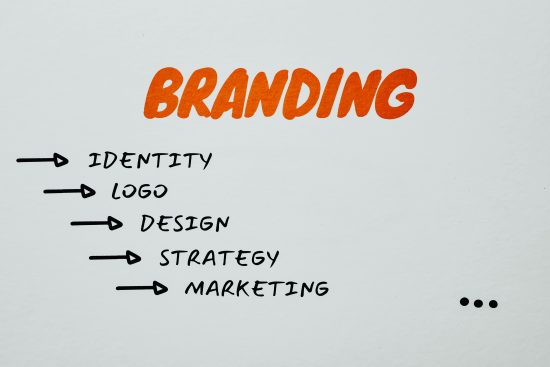
Website Content Is No War And Peace, But You Still Need To Take Steps To Ensure It’s A Best Seller
These days, a well-run, simple-to-navigate website is a prerequisite for business success. Consumers who hear about you are likely to turn here first, and ranking highly on Google could also soon see a good website creating a great deal more traffic. This is all fantastic news for sales overall, but it’s entirely dependent on the contents clients find when they click on that all-important high-ranking link.
Obviously, key focuses like images and a simple layout will send an initial good impression but, once they start to search, customers are most likely going to focus on one primary thing – your written content.
After all, while you may be no Tolstoy, and your website no War and Peace, you are still selling a narrative. Convoluted writing or grammar mistakes are certainly best avoided for the bad impression they send, hence why countless companies now opt to work with an SEO agency that can dedicate plenty of time to this cause. Whether you intend to do the same or think you can tackle web content alone, looking to the lessons of some of our best authors could fuel your success here. And, we’re going to consider why.
The importance of audience
All authors understand audience. After all, genre is a key focus in the publishing industry, and a book that doesn’t appeal to an audience is never going to land. Equally, a website filled with content that fails to appeal to that company’s target audience is never going to create conversions. As such, your first step here is to understand the language that will most appeal to your target audience. Say, for instance, that you’re writing for high-end business clients – dry, informative language is always best. By comparison, a millennial, cutting-edge client base will likely better engage with humorous, quippy language, and so on.
Getting straight to the point
Authors know it, and you should too – no one likes a long-winded intro! Instead, it’s crucial to get straight to the point of what you’re selling within seconds to keep clients onboard. Specifically, something called the ‘inverted pyramid’ is key here, and focuses on the idea that you should open with the important message, then filter down to the finer details for an already-hooked audience.
Keeping it simple
Epic description isn’t the only thing that went out with the Victorians – flowery language has also seen its heyday. Never is this more the case than on your website where big words are always going to confuse rather than convert, potentially derailing your business efforts altogether. Instead, like website navigation, you want to keep content as simple as possible, again getting straight to the point, but making sure that you do so in a language that even unversed potential clients will be able to understand at a glance.
Perhaps you’ve never considered yourself an author, or have always secretly harboured dreams of putting pen to paper – either way, your website is your chance to write a best seller at long last. Utilise these pointers to ensure you make the best of it!


 My name is Garlak Theodorakis, I am graphic designer with almost 10 year experience in the field. Founded Tooft.com in january 2010 with idea to share my knowledge with the world.
My name is Garlak Theodorakis, I am graphic designer with almost 10 year experience in the field. Founded Tooft.com in january 2010 with idea to share my knowledge with the world.






